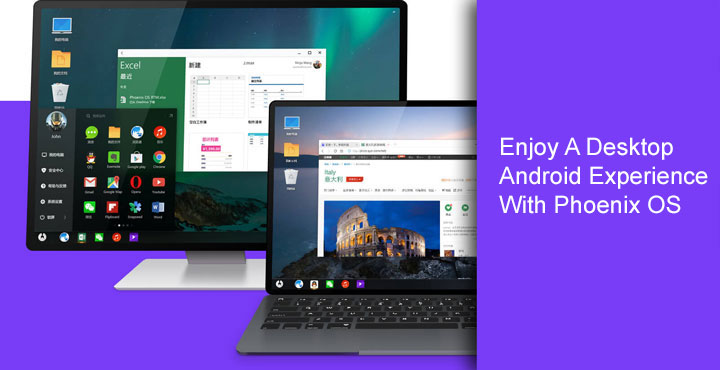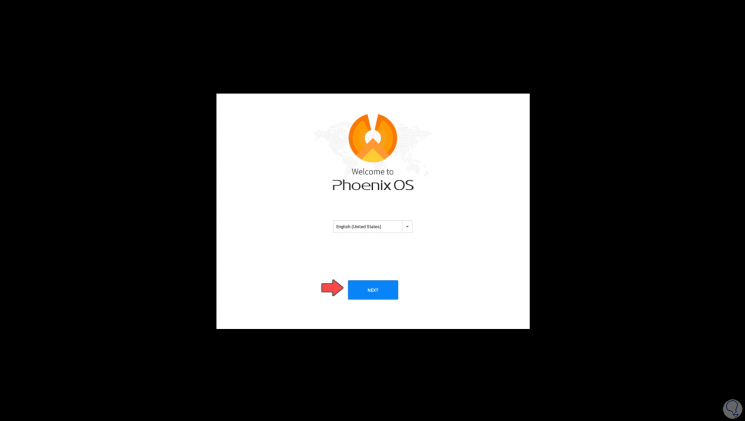
- #DUAL BOOT PHOENIX OS AND UBUNTU INSTALL#
- #DUAL BOOT PHOENIX OS AND UBUNTU UPGRADE#
- #DUAL BOOT PHOENIX OS AND UBUNTU PRO#
- #DUAL BOOT PHOENIX OS AND UBUNTU PASSWORD#
i haven’t timed how fast it actually takes to boot up, but i know for a fact that this laptop performs WAY better since installing xp on it over windows 2000.
#DUAL BOOT PHOENIX OS AND UBUNTU PRO#
for instance, the version of xp pro that i’m using right now boots pretty damn fast on my dell latitude c600 laptop that only has 256 mb of ram and a pentium 3 processor that runs at 800 mhz. I think any operating system that is booted from a solid state drive will perform quicker. I never got the ethernet working, despite working through a wiki page devoted to the issue. People seem to think it’s a solved issue, even though it bit me. Instead, dmesg said “The NVM Checksum Is Not Valid.” Evidently this was a whole big thing. I installed on a Thinkpad T60p, which evidently uses Intel’s PRO/1000 Gigabit ethernet. Even after I got NetworkManager to connect to my wireless network automatically, it still look several seconds to kick in. Also, I would like to point out that to a normal/regular user, having Applications->Accessories->Passwords and Encryption Keys as well as System->Preferences->Encryption and Keyrings is somewhat confusing. I finally had to mount the hard drive after booting from a live CD to fix things. Hitting enter just made the pop-up come back immediately and block the login page in an infinite loop. At one point I ended up at a gdm login window with an “authorization failed” pop-up blocking the login screen. But I only found that solution after trying a bunch of solutions.
#DUAL BOOT PHOENIX OS AND UBUNTU PASSWORD#
After booting, NetworkManager kept prompting me for a password saying “enter password for default keyring to unlock.” The final answer for me was to rm $HOME/.gnome2/keyrings/.keyring and then follow these instructions. Note that Ubuntu 9.04 wasn’t all unicorns and rainbows, however I ran into wireless and ethernet issues. If I’m reading the images correctly, it’s claiming 8.67 seconds for one boot-up and 8.69 seconds for the other boot-up.Īdded: Okay, I reinstalled Ubuntu 9.04 so I could use ext4 and it shaved almost a second off the boot time! Check out this image which shows a 7.83 second boot time.
#DUAL BOOT PHOENIX OS AND UBUNTU INSTALL#
As Ryan said in a comment, I ran sudo apt-get install pybootchartgui bootchart, then rebooted, then collected the image in /var/log/bootchart. 🙂įor the folks that are curious, I changed the GRUB boot loader time out from three seconds to zero, enabled automatic login to my account, then I added Firefox to default list of startup services.Īdded: I collected a couple boot charts by using bootchart. Oh, and Ubuntu 9.04 looks really interesting too. I think I’m going to have a lot of fun with this hard drive.

Subtracting out the Thinkpad BIOS display time, that means that Ubuntu 9.04 booted into Firefox in about 17.5 seconds. Total boot time from pressing power to Firefox loaded was about 22.5 seconds, with about 5 seconds of BIOS display on a Thinkpad.

Like, “I can’t believe it’s already done” fast. So how fast did Ubuntu 9.04 boot with a solid-state drive? Really freaking fast.
#DUAL BOOT PHOENIX OS AND UBUNTU UPGRADE#
It turns out that Ubuntu 9.04, code-named Jaunty Jackalope, is just a few days away, and one of the features listed is “significantly improved boot performance.” Perfect! I installed Ubuntu 8.10 from a CD and then followed the incredibly easy instructions to upgrade to the beta of 9.04. I wanted to put the drive through its paces, so I decided to see how fast I could boot Ubuntu and start Firefox. I bought the Intel X25-E Extreme, which uses faster single-level cell (SLC) memory chips instead of slower multi-level cell (MLC) memory chips.

That’s essentially a hard-drive made out of memory chips. Recently I treated myself to a solid-state drive (SSD).


 0 kommentar(er)
0 kommentar(er)
